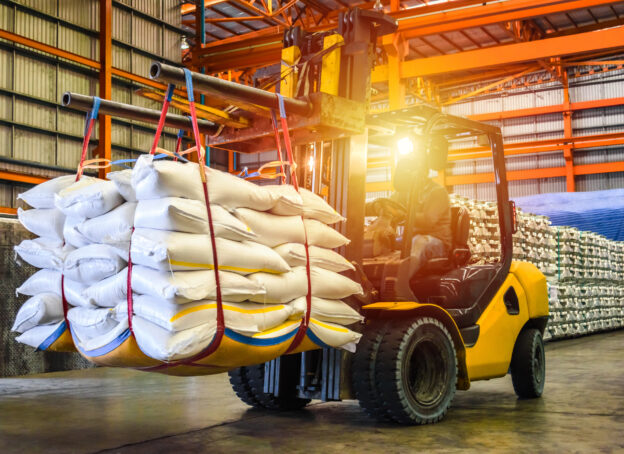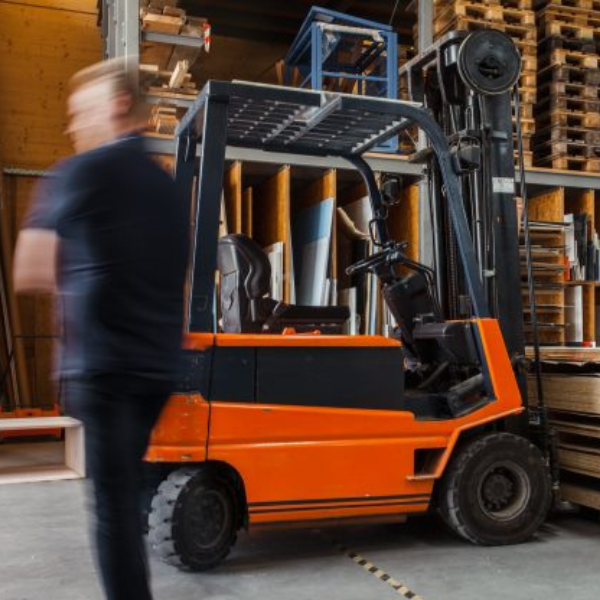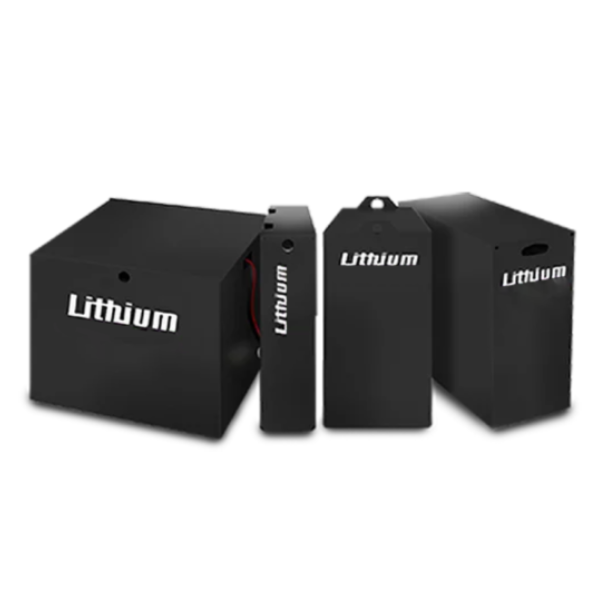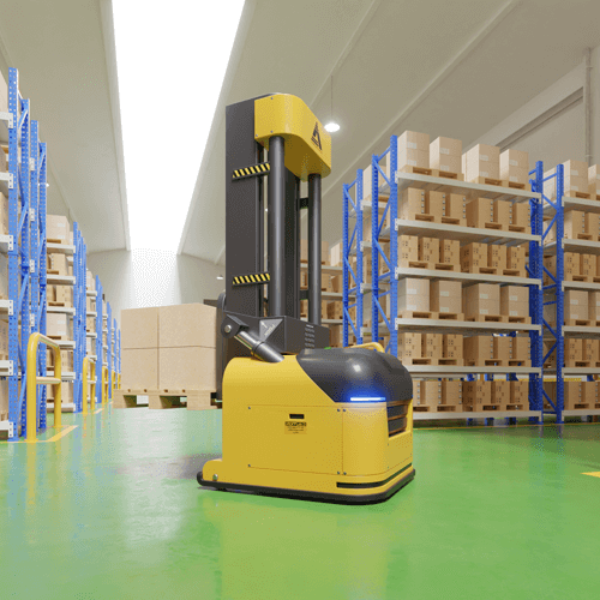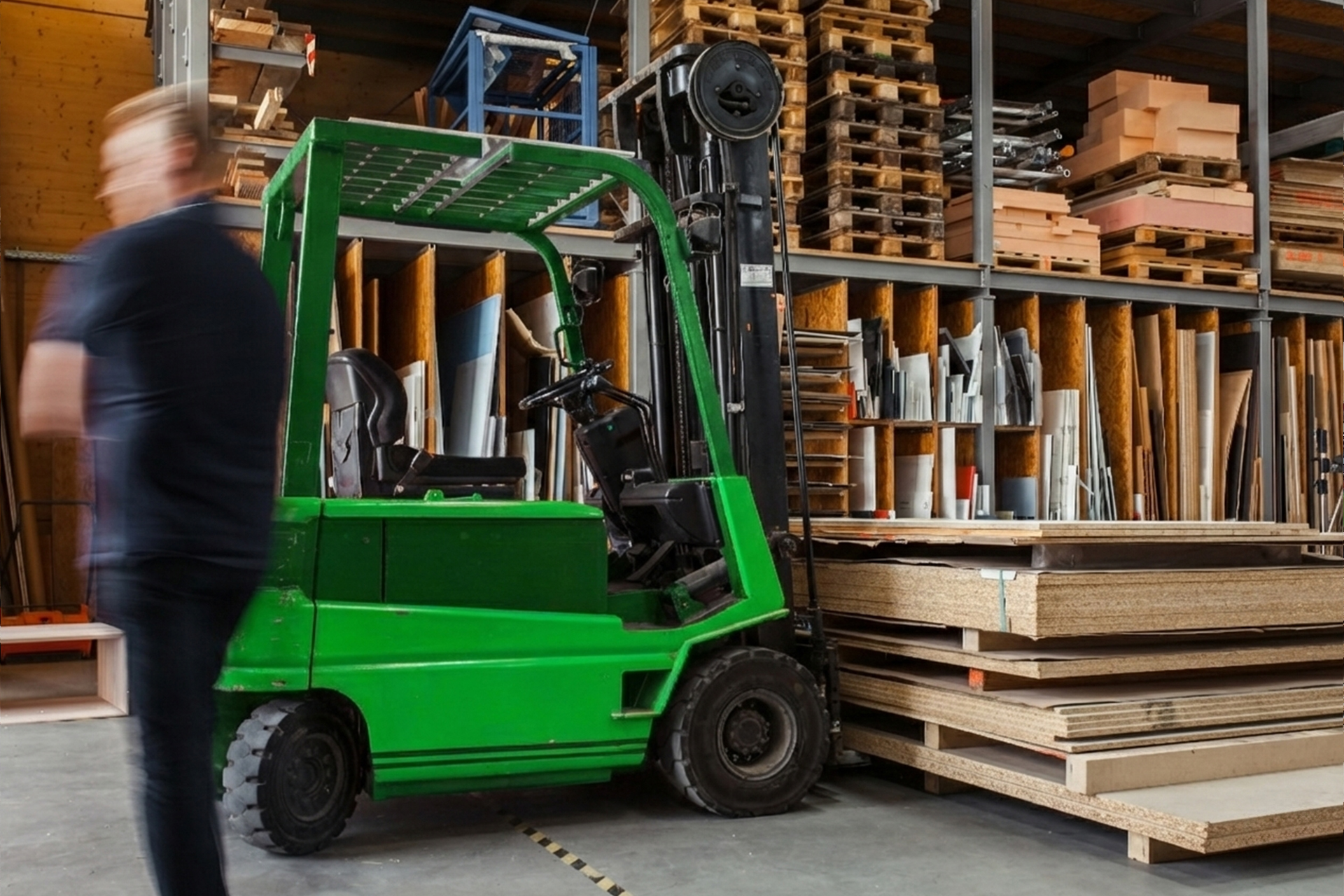We all know warehouses and distribution centers are packed with activity. keeping things running smoothly and sustainably is a top priority. One of the biggest changes making a splash in this area is the shift from traditional lead-acid batteries to lithium batteries in pallet jacks. This change is transforming the way we handle material-moving equipment.
The lithium pallet jack battery is not just a trendy phrase; it is a major improvement that will significantly change how things are done. These batteries are more efficient, cost-effective, and environmentally friendly. In this blog, We will explain why moving from traditional lead-acid batteries to lithium batteries is important, the advantages it offers, and the factors to think about when changing from traditional batteries.
Whether you manage a large warehouse or a small distribution center, understanding the effect of lithium pallet jack batteries can help you make better choices.
Let’s start by looking at the history of pallet jack batteries and how we arrived at today’s advanced lithium technology.
Pallet Jack Power Revolution: A Look Back and Forward
Pallet jack batteries have been a key part of warehouses for a long time, and their batteries have changed a lot over the years. At first, they used lead-acid batteries, a very old technology. While these batteries worked, they had some big problems. They were heavy, needed a lot of care, and took a long time to charge. This meant more downtime and more effort to keep them running.
Emergence of Lithium Technology
Lithium batteries are becoming a much better option for powering forklifts and pallet jacks. Here are the key advantages of using lithium batteries in these machines:
- Lighter Weight
Lithium batteries are much lighter than traditional lead-acid batteries used in forklifts. This makes the machines easier for operators to handle and more efficient to operate.
- Faster Charging
Lithium batteries charge much faster than lead-acid batteries. This means less downtime for the machines and more work getting done in a shift.
- Longer Lifespan
Lithium batteries last much longer than lead-acid batteries. This means you don’t have to replace them as often, saving you money on replacement costs.
- Low Maintenance
Lithium batteries require little to no maintenance compared to lead-acid batteries. This saves you time and effort on maintenance tasks like watering the batteries.
Switching to lithium batteries isn’t just a small improvement; it’s a big change in how we power pallet jacks. With these benefits, We see a new standard for efficiency and reliability in warehouses.
The Benefit of Lithium Pallet Jack Batteries
- Enhanced Efficiency
Such batteries charge up fast, so pallet jacks spend less time waiting to recharge. This means more time working and less time sitting around. Plus, lithium batteries last longer on a single charge, so pallet jacks can keep going for longer without needing to be plugged in. This helps workers get more done in a day.
- Cost Savings
Using lithium batteries in pallet jacks saves money because they need less maintenance. That means fewer expenses for things like cleaning and upkeep. And since lithium batteries last longer than other types, warehouse operators don’t have to buy new batteries as often, which saves even more money in the long run.
- Environmental Impact
Switching to lithium batteries is better for the environment because they’re cleaner and safer than other types of batteries. Plus, lithium batteries can be recycled more easily, which helps reduce waste and protect the environment. So using them in pallet jacks is a win-win for efficiency and sustainability
Helping You Decide: The Performance of Lithium Pallet Jack Batteries
| Aspect | Lead-Acid Batteries | Lithium Batteries |
| Charging Rate | Typically slower due to lower charging efficiency and limitations in charge acceptance rate. | Faster due to higher charging efficiency and superior charge acceptance rate. |
| Depth of Discharge | Limited, with a recommended maximum depth of discharge to avoid battery damage. | Deeper discharge cycles are possible without a significant negative impact on battery lifespan. |
| Energy Density | Lower energy density, resulting in heavier batteries for equivalent energy storage capacity. | Higher energy density allows for lighter-weight batteries with the same energy storage capacity. |
| Temperature Sensitivity | Performance declines in extreme temperatures, requiring temperature-controlled charging and operation. | Less sensitive to temperature fluctuations, providing more consistent performance across a wider range of temperatures |
| Cycle Life | Limited cycle life, with fewer charge-discharge cycles before noticeable capacity degradation. | Longer cycle life, capable of withstanding more charge-discharge cycles with minimal capacity loss. |
| Initial Cost | Generally lower initial cost compared to lithium batteries. | Higher initial cost, but often offset by longer lifespan and lower long-term maintenance and replacement expenses. |
Future Trends in Pallet Jack Batteries:
What’s Coming Next?
In the world of pallet jack batteries, big changes are on the horizon. Driven by the ever-growing demand for better performance, advancements in battery technology are being relentlessly pursued. They’re finding ways to make them lighter, stronger, and charge faster. Imagine pallet jacks that can keep going all day without needing to stop for a recharge – that’s what they’re aiming for.
Why It Matters?
The demand for such batteries is going up for a few reasons. First, businesses are realizing that lithium batteries are better for the environment and can save them money in the long run. Plus, there are more rules now about being eco-friendly, so companies are looking for cleaner options. Also, since everyone wants to work smarter and spend less, lithium batteries are becoming more popular because they help companies do just that.
This shift towards greener practices isn’t just a trend – it’s becoming a necessity in today’s business landscape. By embracing lithium batteries, companies can not only reduce their carbon footprint but also improve their bottom line. As a result, the future of pallet jack operations is set to be more sustainable, efficient, and cost-effective than ever before.
Embracing Change: The Future of Pallet Jack Batteries
So, in a nutshell, switching to a lithium pallet jack battery is a big deal for warehouses. They charge faster and last longer, which is a win-win. As businesses look to work smarter and save money, the demand for lithium batteries keeps going up.
Looking ahead, pallet jack operations are on track for some major improvements. With lithium batteries, companies can be more eco-friendly, and efficient, and even cut costs. It’s an exciting move towards a better future for warehouses everywhere.

